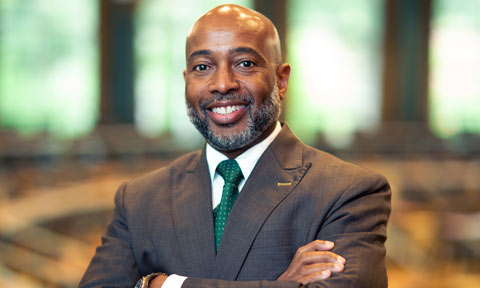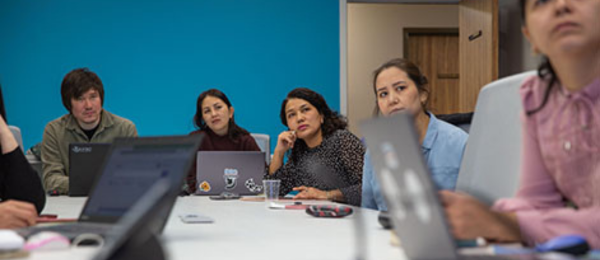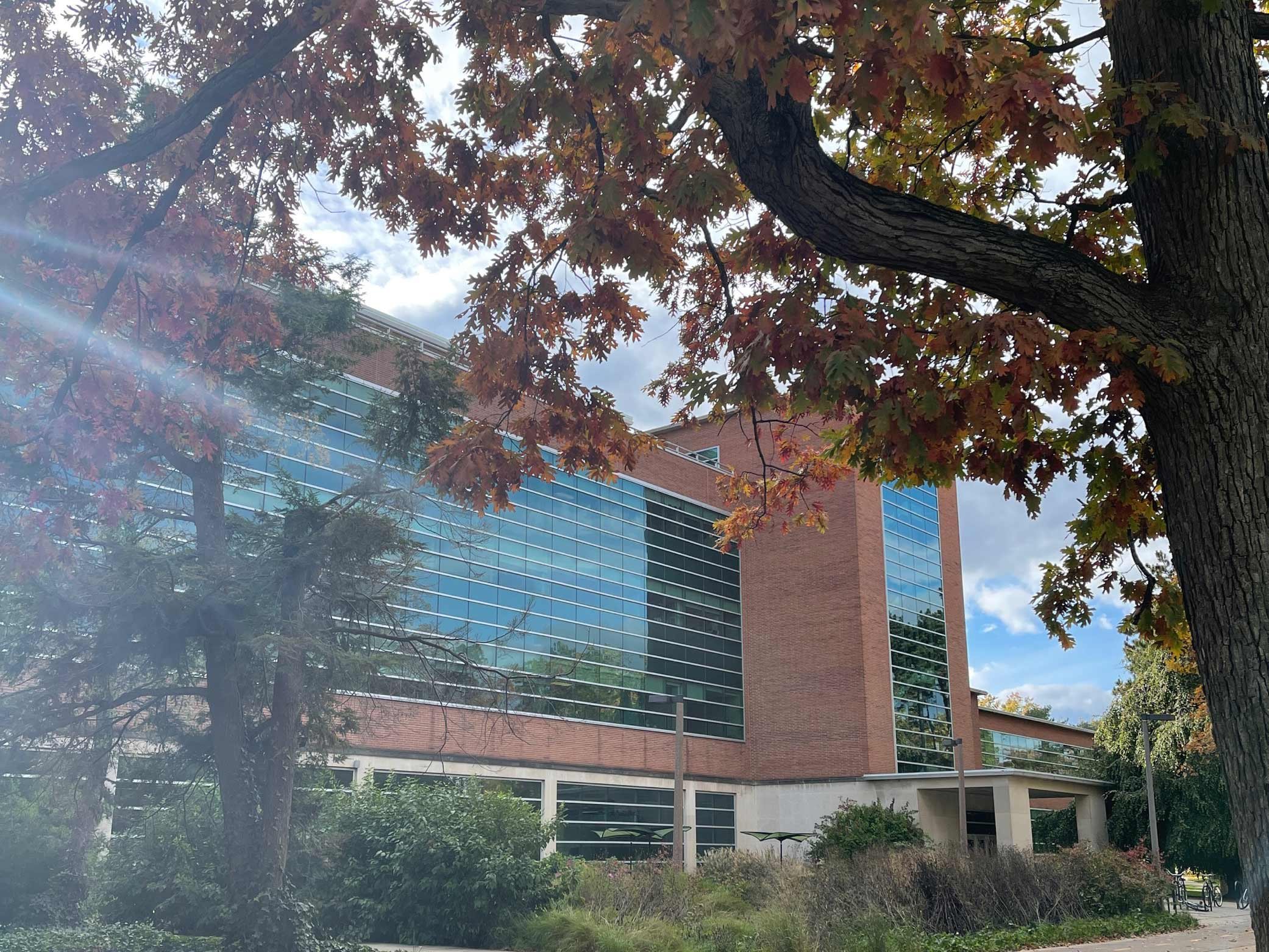The Curriculum, Instruction & Teacher Education, Ph.D. is presently pausing admissions. We expect to review applications again soon.
Our mission with the Curriculum, Instruction and Teacher Education (CITE) doctoral program is to prepare students to be leading scholars and educators who deeply understand and work to improve education in its political, social and cultural contexts.
Comprehensive Curriculum, Tailored Training
We combine internationally renowned faculty, an interdisciplinary approach, exposure to multiple ideas and flexibility in study through a variety of focal areas to create a one-of-a-kind learning experience tailored to your professional career objectives.
"The CITE program environment is academically rigorous, socially conscientious, and at the same time supportive of students. This is a rare combination, which makes it an extraordinary doctoral program," said Vivek Vellanki, an alum of our program.
We have you covered

Our students currently receive full funding (via assistantships) for up to five years. There are also opportunities for fellowships, conference travel, and research funding.”Our students currently receive full funding (via assistantships) for up to five years. There are also opportunities for fellowships, conference travel, and research funding.
World-Renowned Student Faculty Relationships
Housed in one of the nation’s most highly ranked colleges of education, our doctoral program provides students an unusual combination of attractive features, including:
- Close contact with internationally renowned faculty who are highly committed to graduate education
- A distinctive approach to educational issues that combines rigorous intellectual inquiry with close connections to professional practice
- Exposure to multiple perspectives and interaction with a diverse faculty and student body
- Flexibility to create individualized programs of study that are tailored to students’ particular scholarly and professional interests
- A variety of possible research and teaching assistantships
- Opportunities to compete for a wide range of fellowships and scholarships
Our Commitments
We are guided by our commitment and dedication to the Department of Teacher Education’s Core Principles. In part, it reads:
We are scholars, researchers and teacher educators committed to practices of equity and social justice in education. As an intellectual community, we aspire to prepare students who have the strong disciplinary content knowledge, the skills and dispositions to be effective educators and agents of equity-oriented change.
The Content and Purposes of a Doctoral Education
Doctoral education is distinct from “going to school.” While courses and mastery of predetermined content are an essential element, so too is participation in larger professional communities – through research projects, participation in professional organizations, work in schools and other relevant settings. Perhaps most importantly, it is essential that students take ownership for their own learning during the course of a doctoral program, which includes deciding what courses to take and what other experiences to create for one’s own development.
Our Program
By the Numbers




